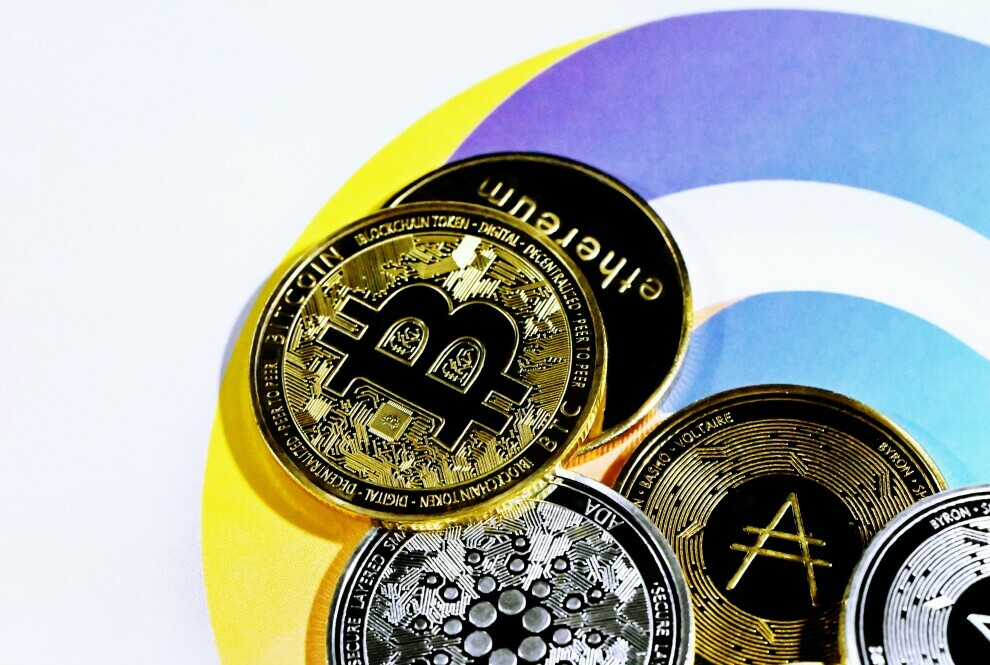Cryptocurrency exchanges form the backbone of the digital currency market. These platforms allow users to buy, sell, and trade a wide variety of cryptocurrencies, acting as a bridge between traditional financial systems and the dynamic world of digital assets. Without these exchanges, the world of cryptocurrencies wouldn’t be as accessible or as expansive as it is today.
So, what’s the deal with centralized and decentralized exchanges? Centralized exchanges, commonly referred to as CEXs, operate under a centralized governing body or company that oversees the operations and transactions. On the flip side, decentralized exchanges, or DEXs, function without any central authority, facilitating peer-to-peer trading using blockchain technology.

Both types of exchanges play crucial roles in the crypto ecosystem, but they come with their own sets of benefits and drawbacks. Think of it like choosing between a big supermarket chain and a local farmer’s market. Each has its own appeal and set of unique qualities that cater to different needs and preferences.
Knowing the distinction between these two types of exchanges is important for anyone dabbling in cryptocurrencies. This knowledge can influence how you trade, the risks you’re willing to take, and how secure you feel about your financial activities in the digital space. Making informed choices can mean the difference between a smooth trading experience and a potential setback in your crypto journey.
Centralized Cryptocurrency Exchanges
Centralized exchanges, or CEXs, operate similarly to traditional stock exchanges, where a centralized authority manages the platform and oversees all transactions. Think of platforms like Coinbase, Binance, and Kraken. These giants have become household names in the crypto world, offering user-friendly interfaces that even beginners can navigate.
One of the biggest draws of centralized exchanges is their ease of use. You create an account, deposit your funds, and start trading. Many of these platforms also offer customer support, which can be handy if you run into any issues. Additionally, CEXs frequently provide higher liquidity, meaning you can buy or sell assets quickly without a significant price shift.
When it comes to security, centralized exchanges often implement robust measures. Two-factor authentication, insurance against hacks, and regulatory compliance are common features. However, this doesn’t mean they are immune to risks. Since all assets are held in a centralized manner, they become attractive targets for hackers. Several high-profile hacks in the past serve as cautionary tales for users to remain vigilant.
Another consideration is the level of control. When using a centralized exchange, you’re essentially trusting a third party with your assets. This goes against the core principle of decentralization that many crypto enthusiasts advocate for. While convenient, it does mean that your funds are subject to the policies and potential vulnerabilities of the exchange platform.
In terms of convenience and speed, CEXs are hard to beat. They often have advanced trading features like margin trading, futures, and staking options. These features can be attractive for seasoned traders looking to maximize their gains. That said, these complex options might overwhelm newcomers, who might prefer sticking to basic buy-and-sell operations.
Overall, centralized exchanges offer a blend of ease of use, high liquidity, and robust security features but at the cost of giving up some control and facing potential hacking risks. Depending on your trading needs and risk appetite, a centralized exchange could be just the ticket to getting started with cryptocurrencies.
Decentralized Cryptocurrency Exchanges
Decentralized exchanges, or DEXs, function without a central governing body. Instead, they facilitate direct, peer-to-peer trading of cryptocurrencies via smart contracts on blockchain networks. Popular options like Uniswap, SushiSwap, and PancakeSwap have been gaining traction for their innovative and decentralized approaches.
One of the standout features of DEXs is the level of control they offer to users. You maintain ownership of your private keys, meaning you have full control over your assets. This eliminates the risk of a central authority mismanaging or losing your funds. For those who value privacy and autonomy, DEXs are a natural fit.
Security in DEXs is a mixed bag. While they are less prone to large-scale hacks targeting central repositories of funds, the security of your assets depends heavily on how well you manage your private keys. Losing your private key means losing access to your funds, with no customer support to rescue you. Smart contract vulnerabilities also pose security risks, although well-audited contracts can mitigate this.
Liquidity can be a challenge on decentralized exchanges. Since these platforms rely on users to supply liquidity, trading volumes can sometimes be lower, and price slippage might occur during large trades. However, innovations like automated market makers (AMMs) have improved liquidity availability, making DEXs viable for a wider audience.
The user experience on DEXs is gradually improving, but it still has a way to go compared to the polished interfaces of centralized exchanges. New users might find the decentralized world a bit daunting, with complex interfaces and the need for external wallets to interact with the platform. But for the tech-savvy or those willing to climb the learning curve, DEXs offer a rewarding experience.
In summary, DEXs embody the spirit of decentralization with enhanced control, increased privacy, and innovative solutions. They come with their own set of challenges, like liquidity issues and potentially steep learning curves. Whether a DEX suits your needs depends largely on your priorities and comfort level with technology.
Choosing the Right Exchange for Your Needs
When deciding between a centralized exchange and a decentralized one, several factors come into play. It’s not about one being better than the other; it’s about what suits your situation best.
Security is a top concern for most users. Centralized exchanges offer insurance and support but come with the risk of being targeted by hackers. On the other hand, decentralized exchanges put you in control of your private keys, meaning your security is in your hands.
Liquidity is another crucial factor. Centralized exchanges usually offer high liquidity, making it easier to trade large amounts quickly. Decentralized exchanges are catching up with innovations like automated market makers but may still face challenges during high-volume trades.
User experience can make or break your trading journey. Centralized exchanges generally provide a smoother, more intuitive experience, often with customer support to assist you. Decentralized exchanges, while improving, may still feel a bit cumbersome to newcomers. Balancing control and ease of use is something you’ll need to consider.
Ultimately, your choice may also come down to your crypto philosophy. If you prioritize control, privacy, and aligning with the decentralization ethos, a decentralized exchange might be more up your alley. If you value convenience, liquidity, and support, a centralized exchange could be a better fit.
In the end, there’s no right or wrong choice. Whether you go centralized or decentralized, knowing your needs and understanding what each type offers will steer you in the right direction.
